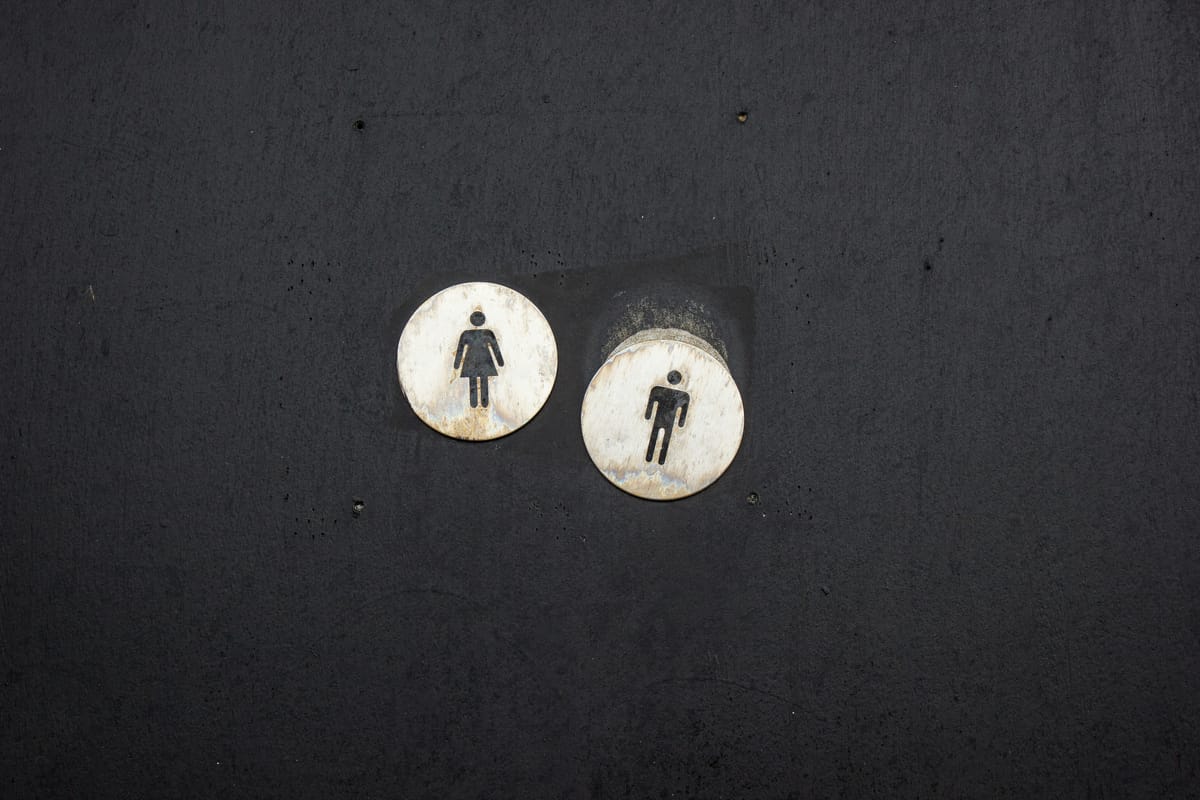Montana’s Sex Definition Law Struck Down in Court Battle

Court Rules Senate Bill 458 Unconstitutional
MISSOULA, Mont. — A Montana judge has struck down a state law that defined sex strictly as male or female, ruling that it violates the state’s constitutional protections of equal treatment and privacy.
Judge Leslie Halligan of the Missoula County District Court issued her decision on Tuesday, declaring Senate Bill 458 "facially unconstitutional." The law, passed in 2023, sought to redefine Montana’s legal definition of sex to include only two categories: male and female.
Plaintiffs Challenge Law’s Impact
The case was brought by a group of transgender and intersex Montanans, who argued that the law effectively erased their legal recognition. One plaintiff, who was born with male chromosomes but has female genitalia and identifies as a woman, faced legal complications, including being required to list "male" on a marriage license.
Halligan found that SB 458 "explicitly excludes" some Montanans from legal recognition, causing "immediate harm." She determined that the law violated Montana’s equal protection clause by treating certain residents differently under the law.
"The state has misrepresented the requirements of a facial challenge in the context of an equal protection claim," Halligan wrote in her ruling. "By nature, such a claim necessarily involves some class of people being treated better than another class of people. Taken to its logical end, the state's argument would preclude any facial equal protection claims under law, on the grounds that the challenged state action is not unconstitutional when applied to the class who is not experiencing unequal treatment. Such interpretation would eviscerate the protections built into the Montana Constitution."
State Defends Legislation
Montana state attorneys argued that SB 458 was a neutral, scientific definition of sex. They claimed that even if the law did not account for every individual, it had no practical consequences for the plaintiffs. However, the court disagreed, finding that the law infringed on individual rights and medical privacy.
"By restricting the definition of sex in a manner which interferes with even that of a doctor and patients' definition, SB 458 prohibits the individualized care and exercise of professional medical judgment which should be afforded to the individual, in violation of the right to privacy," Halligan wrote.
Future Legal Battles Ahead
Montana officials contended that the ruling was irrelevant because an earlier court decision had already blocked SB 458 on procedural grounds. However, Halligan rejected that argument, pointing out that a similar bill is currently being drafted in the legislature.
The proposed bill, LC4192, would again attempt to redefine sex in Montana law. It is currently in the drafting and legal review stage.
The Montana Attorney General’s Office, which defended SB 458, did not immediately comment on whether it would appeal the ruling.
A Broader Civil Rights Issue
The court cited the 2020 U.S. Supreme Court case Bostock v. Clayton County, which found that discrimination based on transgender identity is a form of sex discrimination. Halligan ruled that SB 458 violated those legal protections by attempting to create a separate category of individuals who would not be covered by anti-discrimination laws.
"Under SB 458's definition, 'female' and 'male' cisgender people ... are still protected by Montana's anti-discrimination laws," the ruling stated. "[B]ut for those who did not fit squarely into either category, i.e., transgender, intersex, and Two Spirit individuals, [they] are no longer protected." In other words, "SB 458 now leaves a gap in protection against sex discrimination for individuals whose gender identities do not align with their biological sex."
One of the plaintiffs, Anna Tellez, celebrated the ruling, calling it a victory for all Montanans.
"I don’t only see this as a win for gender-diverse or intersex Montanans, but for every person who calls Montana home," Tellez said. "The state cannot overstep its bounds and discriminate against you for arbitrary reasons as it sees fit."
With another legislative effort to redefine sex already in progress, the issue is far from settled. But for now, SB 458 is no longer enforceable in Montana.
